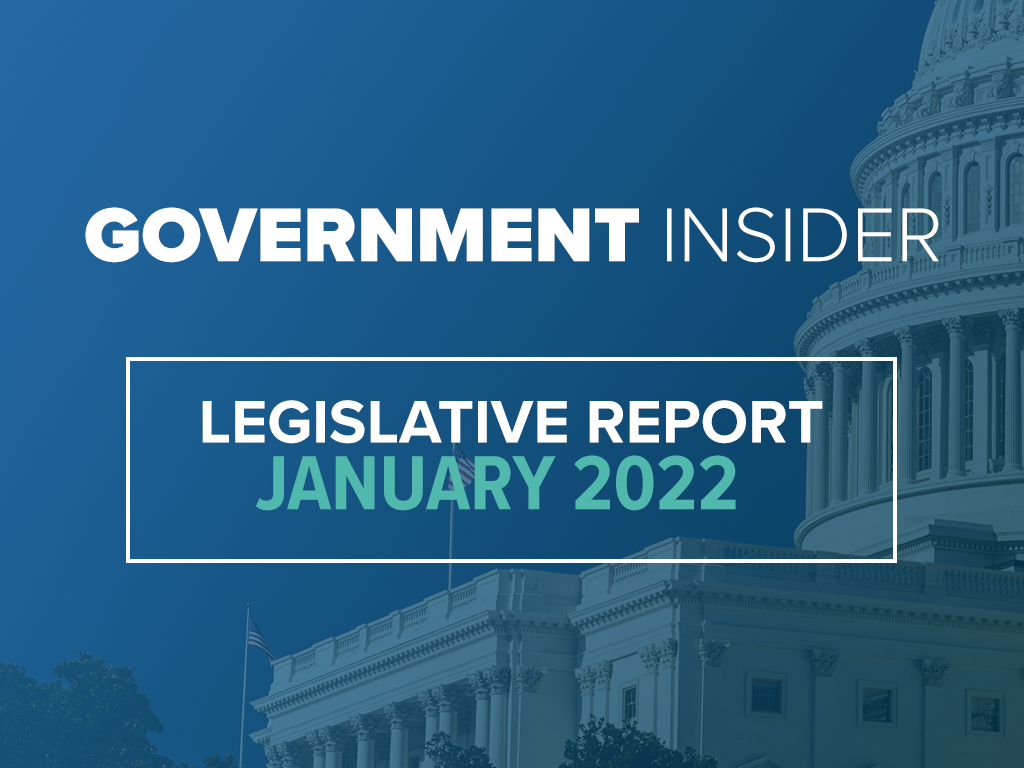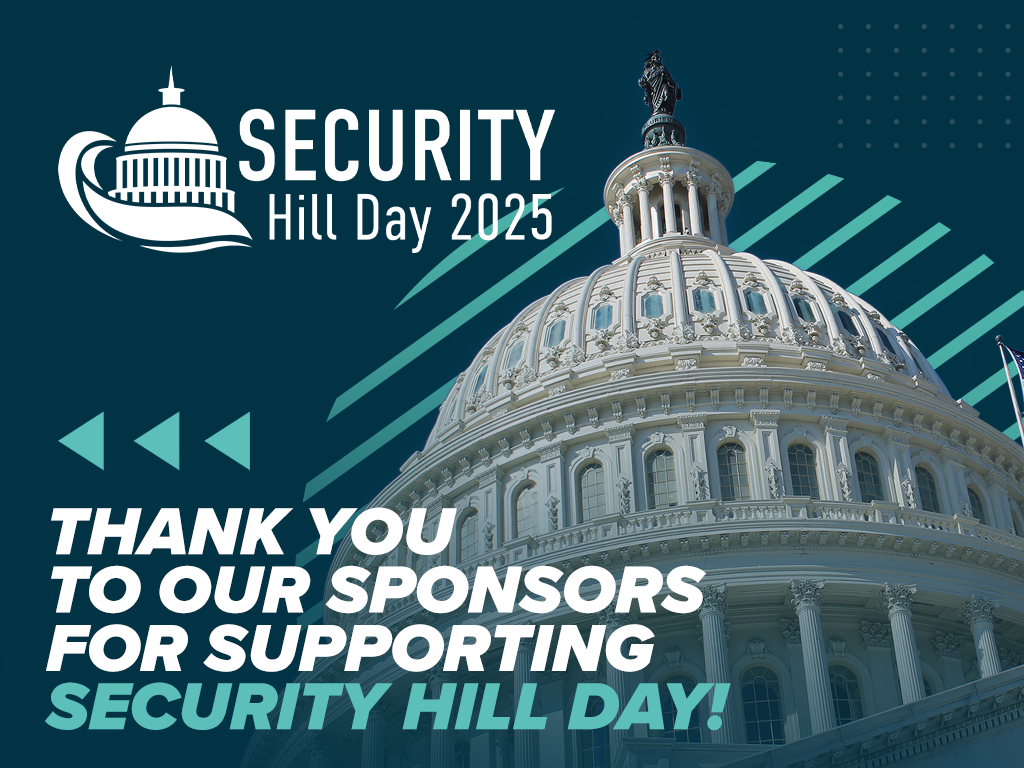Legislative Report January 2022

Here are highlights of legislative activity that could impact the electronic security and life safety industry.
State Legislative Summary – January 2022
Well over 400 bills were tagged for monitoring that potentially impact your business in January. Welcome to 2022. The importance of many is dependent on where you stand on particular issues and what impacts your bottom line – making more money than you spend. Many things can impact that bottom line and that is why we provide this report to give you the information you need to act or react.
Some of the more important pieces of legislation to be introduced or move in January (depending on your priorities) include the following:
California AB 1400 would create the California Guaranteed Health Care for All program, or CalCare, to provide comprehensive universal single-payer health care coverage and a health care cost control system for the benefit of all residents of the state. This bill passed out of committee on February 1, 2022.
Florida HB 669 and SB 1140 are companion bills providing that a person who holds a current National Institute of Certification in Engineering Technologies (NICET) Level II certification or higher in Fire Alarm Systems or Inspection and Testing of Fire Alarm Systems, a current certification as an Electronic Security Association (ESA) Certified Fire Alarm Technician (CFAT), or a current certification as an ESA Certified Fire Alarm Designer (CFAD), is required to complete only the 2 hours of training in the prevention of false alarms required by current law from a board-approved sponsor of training and through a board-approved training course. The Senate bill passed the first committee by unanimous vote on January 18th.
Missouri HB 2495 creates a statewide fire protection contracting licensing statute.
New Jersey A. 6108 amends current law governing the State Board of Examiners of Electrical Contractors with some significant changes. Current registrants designated as qualified journeyman electricians are renamed “Class A journeyman electricians” and are to be licensed. Language in the bill is updated to recognize the change in the name of this level of the profession and to acknowledge that that level of professional is to be licensed now instead of registered. Additional classes of licensees – Class A electrical apprentices and Class B wiremen – are also incorporated under the bill.
New York S. 1881 and A. 9131 alter current automatic contract renewal provisions for electronic security and life safety alarm services. Under current law, notice of the automatic extension or renewal of an electronic and life safety alarm service must be given by certified mail. As described by the legislative summary of the bill this is both costly for the alarm company and can be inconvenient for the customer if they are not available to receive the certified mail. In such event, the result can be the unintentional cancellation of an alarm monitoring/servicing contract, leaving the customer’s home or health in jeopardy without their knowledge. This bill provides for automatic renewal if certain consumer protections are met, so that customers who would prefer automatic renewal can be assured of a continuation of their service.
There are about 20 other bills we listed as “high priority” in this report. But many others may be high priority to you. Review the bills in the state(s) where you do business.
Access the Members-Only State Legislative Report
State Regulatory Update – January 2022
State Regulations do not change with the frequency of the underlying legislation, but when they do change, it is important for members to be aware for compliance purposes, and in some cases vertical market opportunities.
In Ohio, a proposed regulation provides for electronic security, access control, and monitoring requirements for medical marijuana dispensaries. This is an example where electronic security companies may wish to venture.
A proposed regulation in Maine is seeking public comments on changes to the rules regarding limited electricians, which impacts fire/life safety licenses. The changes include eliminating a restriction that hours of experience as a licensed limited electrician would not count as hours of work experience needed to qualify to sit for the journeyman examination. The changes to the proposed rule also eliminate any restriction as to the consideration by the Board of hours of work experience as a licensed limited electrician to qualify to sit for the journeyman or the master electrician examination.



